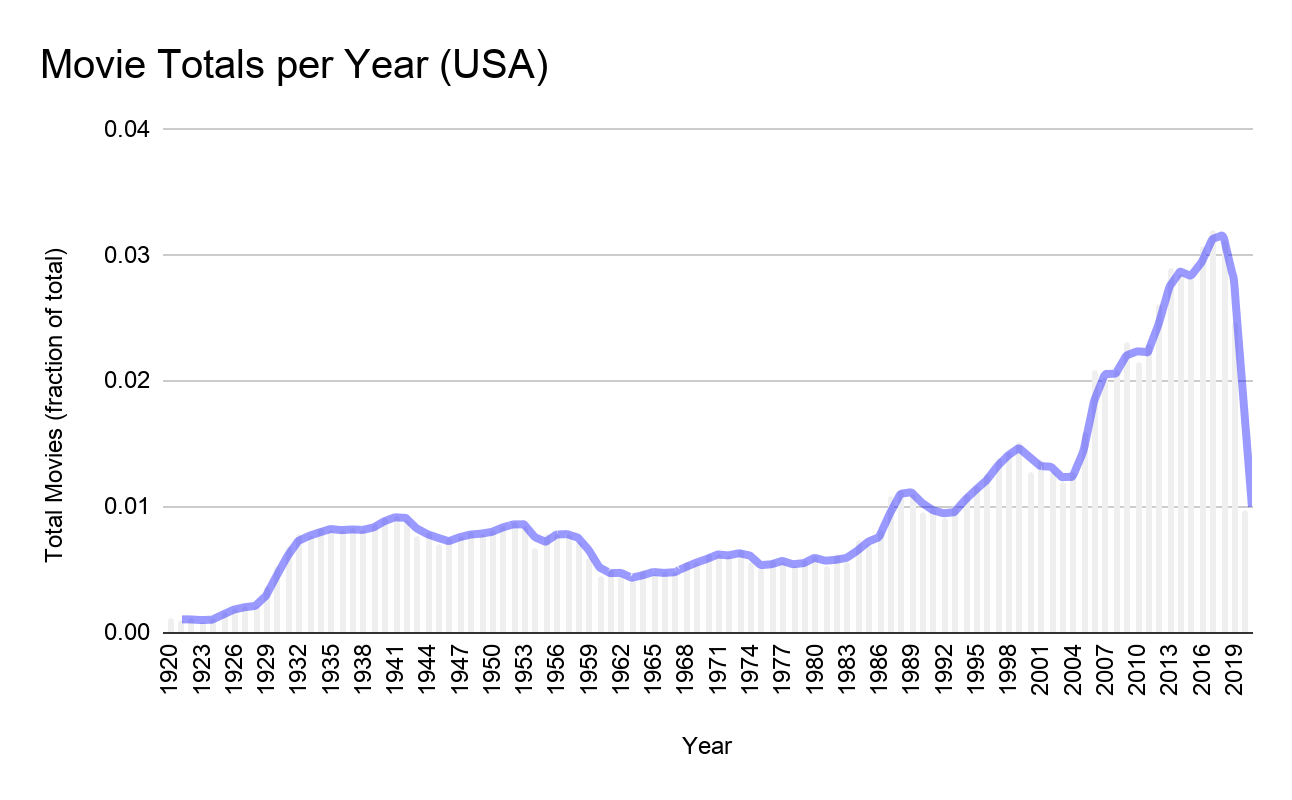Investigating the Role of Movies in the Global Economy
Explore the impact of global economy movies and their role in shaping international markets. Investigate the influence of cinema.

The Economic Impact of the Film Industry on a Global Scale
The film industry, often referred to as the "silver screen," has been a cornerstone of entertainment and culture for over a century. Beyond its cultural significance, movies have a substantial impact on the global economy. This article explores the multifaceted ways in which the?film industry?contributes to economic growth and prosperity worldwide.
Job Creation
One of the most direct ways in which movies contribute to the global economy is through job creation. The film production process involves a vast array of professionals, from actors and directors to writers, camera operators, set designers, and sound engineers. In addition to these creative roles, the industry also employs countless people in technical and administrative positions, such as post-production, marketing, and distribution.
Moreover, the film industry creates employment opportunities in ancillary sectors. Local businesses benefit from the influx of film crews and actors who require services like catering, accommodation, transportation, and equipment rentals. This ripple effect of job creation extends well beyond the confines of the film studio.
Boosting Tourism
Movies have the power to transport viewers to different times and places, and this can have a profound impact on tourism. Film-induced tourism, also known as "set-jetting," occurs when individuals visit locations featured in their favorite films. Iconic destinations like New Zealand, where "The Lord of the Rings" was filmed, or Dubrovnik, Croatia, the backdrop for "Game of Thrones," have seen a surge in tourist arrivals due to their on-screen prominence.
These tourism booms stimulate local economies by creating demand for hotels, restaurants, tour operators, and souvenir shops. In some cases, governments have recognized the potential of film-induced tourism and have invested in infrastructure to attract more productions to their regions.
Film Production Incentives
To lure?filmmakers and productions, many countries and states offer various incentives, such as tax credits, rebates, and grants. These incentives are designed to encourage filmmakers to choose a particular location for their projects. As a result, regions that offer such incentives often see an influx of film productions, leading to increased economic activity.
For example, Louisiana in the United States implemented a competitive tax incentive program, which led to a surge in film and television productions in the state. This, in turn, created job opportunities and spurred economic growth in the local entertainment industry.
Cultural Diplomacy
Movies are a powerful tool for cultural diplomacy, as they enable countries to share their culture and values with a?global audience. Hollywood, in particular, has played a significant role in shaping perceptions of American culture worldwide. The export of American films not only generates revenue through ticket sales and licensing but also fosters goodwill and influence on the international stage.
Additionally, foreign films also contribute to cultural diplomacy. Works like Hayao Miyazaki's Studio Ghibli animations from Japan or Pedro Almod?var's films from Spain have garnered global followings, contributing to the appreciation of these cultures and bolstering their soft power.
Merchandising and Licensing
Movies often lead to a surge in demand for merchandise related to the film's characters, themes, and brands. Toys, clothing, collectibles, and other licensed products become highly sought after by fans. The sale of such merchandise generates substantial revenue for both the film industry and various retail sectors, including online marketplaces, brick-and-mortar stores, and e-commerce platforms.
The popularity of franchises like Star Wars and Harry Potter illustrates the immense potential for merchandising and licensing. These films have spawned a vast array of products, from action figures to apparel, contributing significantly to the global economy.
Streaming Services and Digital Distribution
The rise of streaming platforms has revolutionized the film industry and expanded its economic reach. Services like Netflix, Amazon Prime Video, Disney+, and Hulu have created new revenue streams for both established studios and independent filmmakers. These platforms offer a global audience access to a vast library of films, series, and documentaries, generating subscription fees and advertising revenue.
Furthermore, streaming services have enabled filmmakers from around the world to reach international audiences with their work, breaking down traditional barriers to entry and amplifying the economic impact of the?film industry entertainment.
Film Festivals and Events
Film festivals and events, such as the Cannes Film Festival, Sundance Film Festival, and Toronto International Film Festival, play a crucial role in showcasing and promoting films to a global audience. These events draw industry professionals, critics, and cinephiles from all over the world, generating significant economic activity for the host cities.
The revenue generated by film festivals includes ticket sales, sponsorships, tourism-related expenditures, and the distribution of films to international markets. Moreover, festivals often serve as launchpads for successful theatrical releases, further contributing to the film industry's economic impact.
Education and Training
The film industry's demand for skilled professionals has led to the growth of educational institutions and training programs specializing in film and media production. These programs offer aspiring filmmakers and technicians the knowledge and skills needed to pursue careers in the industry.
The economic impact of film education extends beyond the classroom. It includes tuition fees, textbook sales, and expenditures by students on equipment and resources. Additionally, the graduates of these programs go on to contribute to the industry's workforce, further enhancing its economic vitality.
Preservation and Restoration
Preservation and restoration efforts are essential to maintaining the cultural heritage of cinema. Film archives and organizations dedicated to the preservation of classic films ensure that these works remain accessible to future generations. The restoration process generates economic activity by employing specialists in film preservation, digital conversion, and archival research.
Moreover, restored films often find new life in theaters, home video releases, and streaming platforms, generating additional revenue while preserving the artistic and historical value of these cinematic treasures.
International Co-Productions
In an increasingly interconnected world, international co-productions have become a common practice in the film industry. Collaborations between studios, directors, and actors from different countries result in films that appeal to a broader, global audience. These co-productions benefit from a diverse range of creative talent and funding sources.
For example, the 2017 film "The Great Wall," directed by Zhang Yimou and starring Matt Damon, was a co-production between China and the United States. This collaboration not only generated revenue but also bridged cultural gaps and fostered international cooperation.
Movies are more than just a form of entertainment; they are a significant driver of the global economy. Through job creation, tourism, production incentives, cultural diplomacy, merchandising, digital distribution, film festivals, education, preservation efforts, and international co-productions, the film industry contributes in diverse ways to economic growth and prosperity around the world.
As technology continues to evolve and the industry adapts to changing consumer preferences, the economic impact of movies will likely continue to expand, cementing their status as a critical component of the global economy. The silver screen will continue to shine brightly, both as an art form and an economic powerhouse.
What's Your Reaction?

















